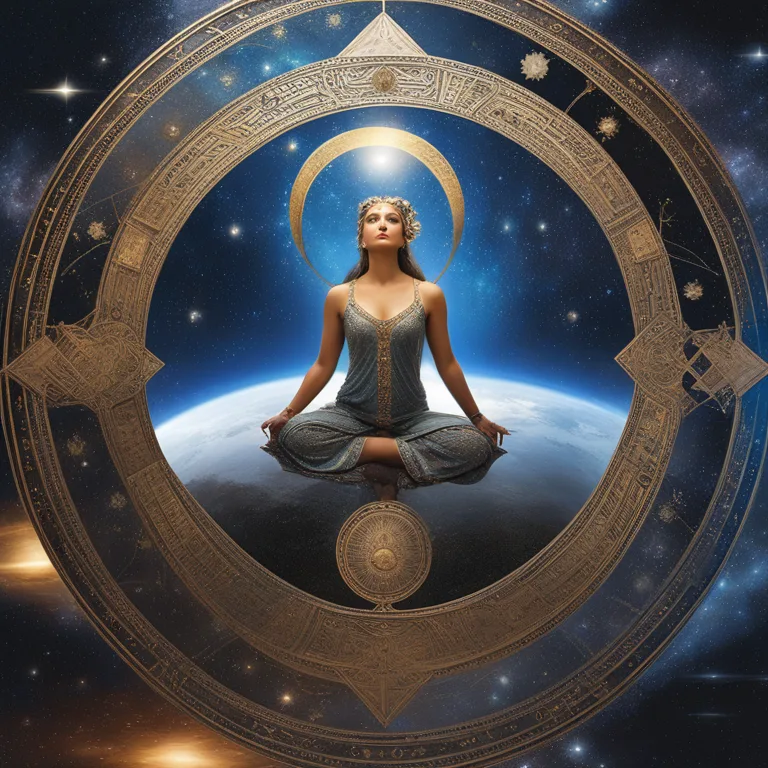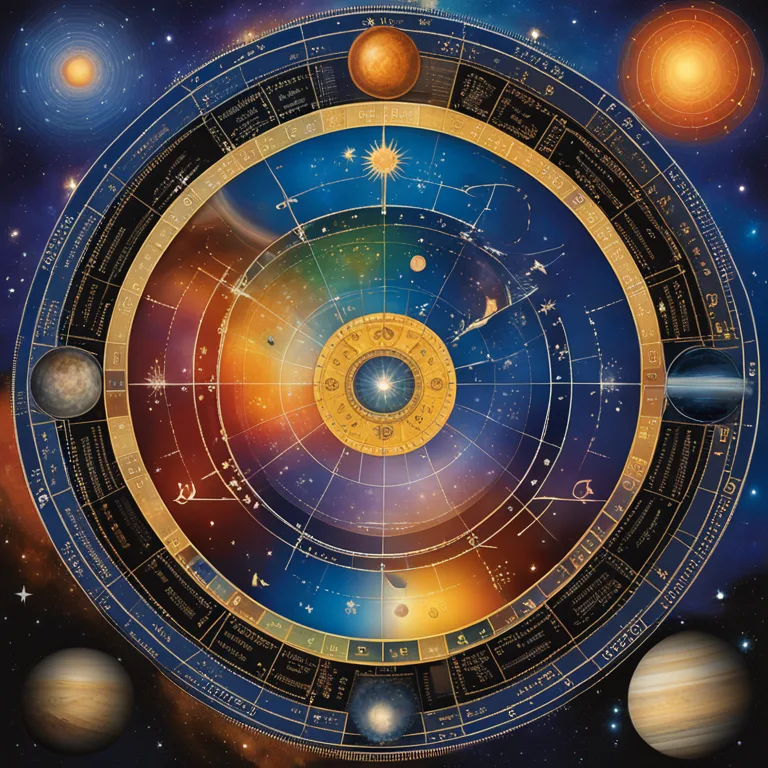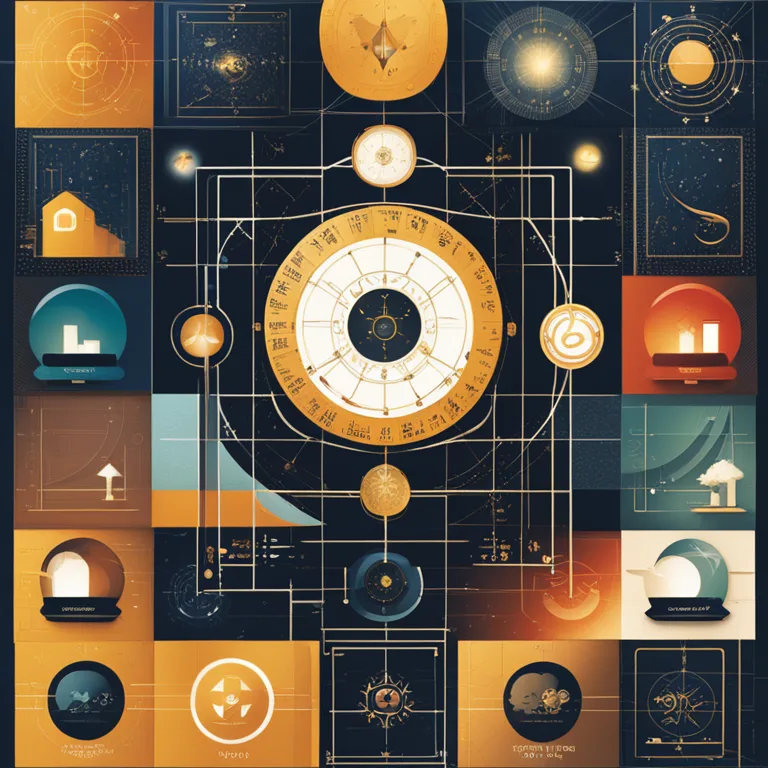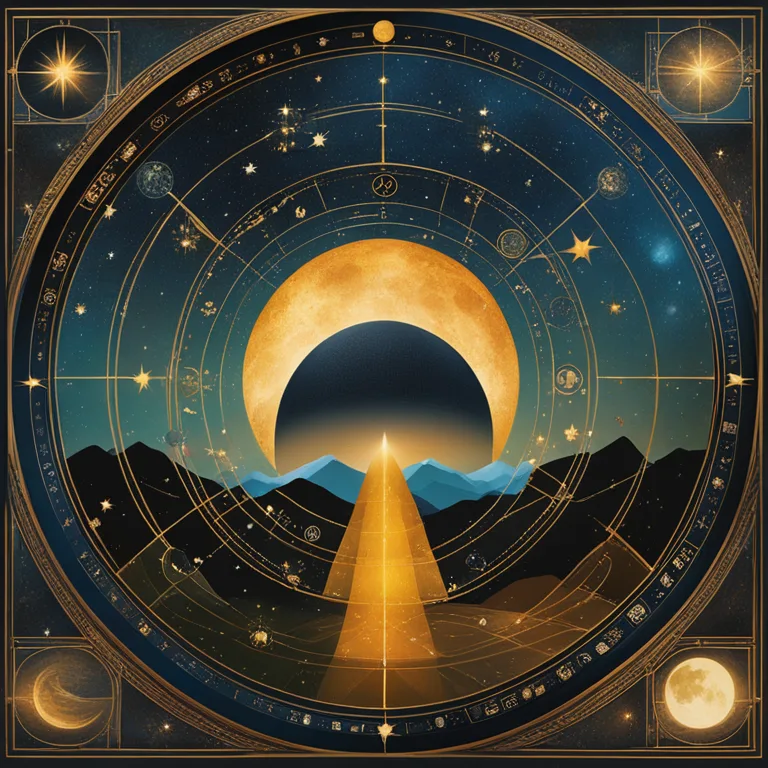
The Efficacy of Astrology
Discover the compelling reasons behind astrology's enduring relevance and how it influences our lives in the modern era.
article by Priya Deshmukh
The Timeless Allure of Astrology
For centuries, astrology has captivated human curiosity by suggesting that celestial bodies have a profound impact on our earthly experiences. Even with the advancements in science and technology, astrology remains a source of comfort and guidance for many. At its core, astrology is the study of the positions and movements of celestial bodies in the belief that they have an influence over human affairs and natural phenomena. Its continuing appeal in the modern world lays testament to its perceived relevance and utility—despite its often-debated empirical evidence base.

Astrological Relevance in a Modern Context
While some might view astrology as an obsolete practice, its resurgence in the digital age speaks volumes about its significance. Digital platforms have transformed the way astrology is consumed and practiced, making horoscopes and astrological resources more accessible than ever before. In the context of 2024 and beyond, astrology takes into consideration contemporary issues and societal shifts, offering personalized insights that resonate with the current generations' quest for self-discovery and purpose.

The Human Psyche and Symbolic Resonance
Astrology's efficacy often lies in its symbolic terms rather than strictly quantifiable evidence. It operates on the principle that celestial bodies serve as mirrors to our subconscious, reflecting our desires, fears, and aspirations. This symbolist approach to astrology allows individuals to extract meaning and patterns that are subjectively meaningful, often facilitating self-reflection and introspection. This symbolic resonance is what draws individuals to astrology, seeking validation and understanding of their personal journey.

The Role of Astrology in Navigating Life
Proponents of astrology often cite its role in providing guidance and foresight as primary reasons for its continued relevance. In offering astrological forecasts looking ahead to 2024 and beyond, astrology empowers individuals with a sense of preparedness for upcoming opportunities and challenges. Whether planning life events, making career decisions, or engaging in relationships, astrology can serve as a tool for navigating life's complex landscapes with added confidence.

Patterns and Predictability in Astrology
Though astrology is not a science in the conventional sense, it employs pattern recognition in much the same way as sciences do. The predictable motion of planets and stars forms the basis for generating horoscopes, with astrologers interpreting these patterns relative to the time and place of an individual's birth. In 2024, these interpretations continue to evolve with a growing understanding of how ancient beliefs can intersect with contemporary thought.
Biorhythms, Compatibility, and Cosmic Connections
Astrology often dovetails with other esoteric practices, such as biorhythms and compatibility analyses, to offer a holistic view of one's life and relationships. Ideas such as 'cosmic connections' provide a framework within which individuals can understand and navigate their interactions with others. These astrological insights enhance interpersonal understanding and foster a sense of connection with the larger universe.
Conclusion: The Resilience of Astrological Practice
Whether due to its psychological benefits, its role as a self-help tool, or its cultural relevance, astrology has demonstrated considerable resilience. As we move further into the 21st century, astrology is likely to persist as a meaningful and influential tradition, continuing to inspire individuals' connections to the cosmos and to one another. The discourse on the efficacy of astrology will undoubtedly continue, but its enduring presence in many lives cannot be dismissed.
Published: 12/29/2023
Modified: 12/29/2023
More predictions
Come back here soon to learn more about yourself and your future


The Influence of The Moon Sign in Astrology
Discover the role and impact of your Moon Sign in astrology, offering insights into your emotional inner world and intuition.


The Significance of Your Moon Sign in Astrology
Discover how your Moon Sign influences your emotions, instincts, and inner self in the realm of astrology.